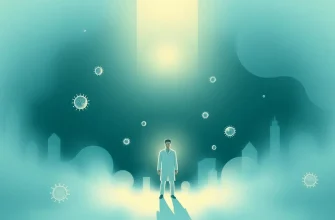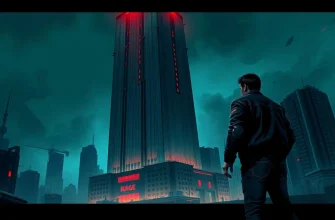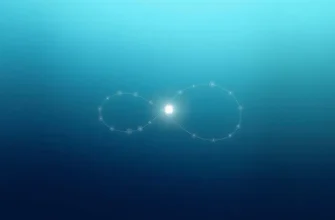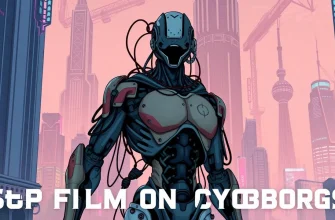Dive into the fascinating intersection of science fiction and psychiatry with this curated list of 10 films. These movies not only entertain but also provoke thought about the future of mental health treatment, the ethics of mind manipulation, and the psychological impacts of advanced technology. Whether you're a fan of psychological thrillers or just curious about how sci-fi explores the human psyche, this collection promises to offer a thrilling cinematic journey.

A Clockwork Orange (1971)
Description: This film explores the concept of aversion therapy, where the protagonist undergoes a controversial treatment to cure his violent tendencies, raising questions about free will and ethics in psychiatric treatment.
Fact: The film was banned in several countries due to its violent content, and Stanley Kubrick himself withdrew it from UK cinemas after receiving threats.
 Watch Now
Watch Now 
Brainstorm (1983)
Description: Scientists develop a machine to record and playback human experiences, touching on the ethical and psychological implications of such technology.
Fact: The film was one of the last projects for Natalie Wood, who died during its production, leading to a delay in its release.
 Watch Now
Watch Now 
The Matrix (1999)
Description: This iconic film touches on themes of reality versus perception, which can be interpreted through a psychiatric lens regarding the nature of consciousness and mental health.
Fact: The Wachowskis developed the concept for "The Matrix" after reading "Simulacra and Simulation" by Jean Baudrillard.
 Watch Now
Watch Now 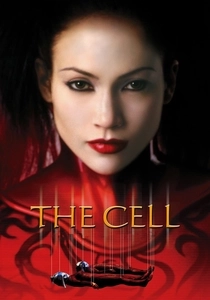
The Cell (2000)
Description: A psychologist enters the mind of a comatose serial killer to find his latest victim, showcasing a futuristic form of psychiatric intervention.
Fact: The film's surreal visual style was inspired by the works of Salvador Dalí and H.R. Giger.
 Watch Now
Watch Now 
Donnie Darko (2001)
Description: This cult classic deals with time travel, mental illness, and existential questions, making it a unique entry in the sci-fi psychiatry genre.
Fact: The film was made on a budget of just $
 Watch Now
Watch Now 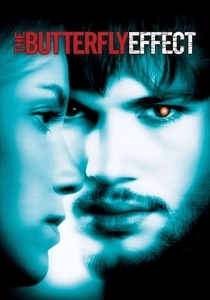
The Butterfly Effect (2004)
Description: The film explores the psychological effects of time travel, where the protagonist's attempts to change the past have profound impacts on his mental state.
Fact: The film was initially rated NC-17 due to its graphic content, leading to several edits to achieve an R rating.
 Watch Now
Watch Now 
Eternal Sunshine of the Spotless Mind (2004)
Description: This film delves into memory erasure as a form of psychiatric treatment, exploring the implications of removing painful memories and the essence of identity.
Fact: The film's title comes from a poem by Alexander Pope, and the script was originally conceived by Charlie Kaufman as a play.
 Watch Now
Watch Now 
Shutter Island (2010)
Description: This psychological thriller involves a U.S. Marshal investigating a psychiatric facility, where reality and illusion blur, exploring themes of mental health and treatment.
Fact: The film is based on the novel by Dennis Lehane, and the ending was kept secret from most of the cast and crew during filming.
 Watch Now
Watch Now 
Inception (2010)
Description: While not strictly about psychiatry, the film deals with the manipulation of dreams, which can be seen as a metaphor for psychological therapy and the exploration of the subconscious.
Fact: Christopher Nolan wrote the script over a 10-year period, and the film's complex narrative structure was inspired by his own dreams.
 Watch Now
Watch Now 
The Jacket (2005)
Description: A Gulf War veteran experiences time travel through experimental psychiatric treatments, exploring themes of trauma and memory.
Fact: The film was shot in various locations in Scotland, despite being set in Vermont.
 30 Days Free
30 Days Free 

